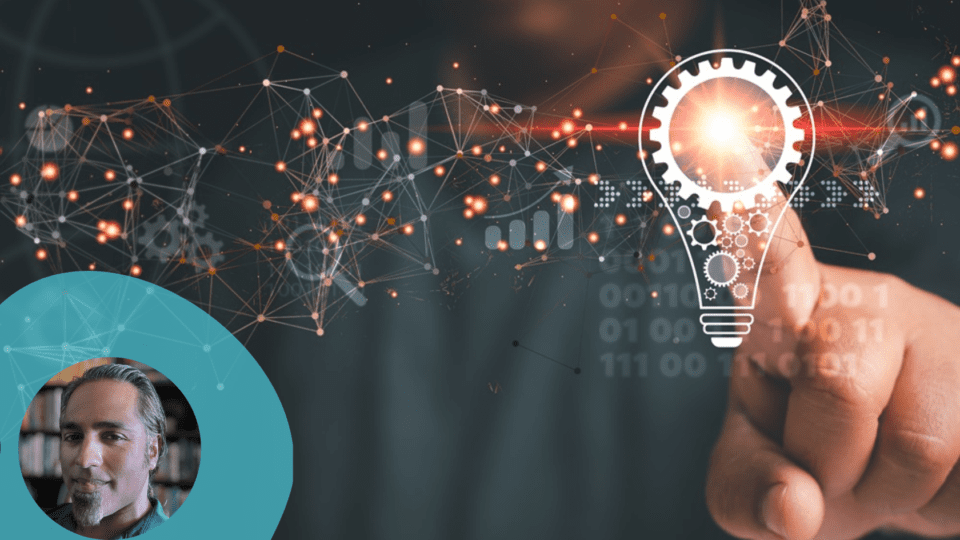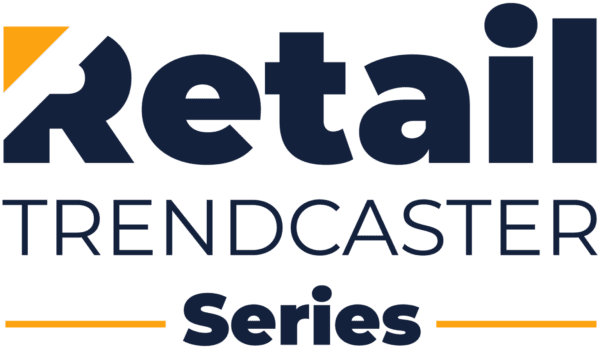Modern consumers expect personalized experiences tailored to their unique preferences, behaviors and needs. Businesses striving to meet these expectations are turning to AI-powered knowledge graphs — a cutting-edge tool that connects disparate data points to create a holistic understanding of customers. These knowledge graphs revolutionize customer journeys by enabling personalized recommendations, enhancing customer service and optimizing interactions across multiple touch points.
Use Case #1: Enhanced Data Understanding
At the heart of AI-powered knowledge graphs lies their ability to integrate and analyze data from various sources. In today’s data-driven world, businesses often struggle to make sense of fragmented customer information stored across multiple systems. Knowledge graphs solve this challenge by connecting these disparate data points, creating a unified view of customer preferences, purchase history and interactions.
For instance, a retailer using a knowledge graph might combine data from website visits, in-store purchases and loyalty program activity to gain deeper insights into a customer’s preferences. This comprehensive understanding informs better decision-making and lays the foundation for more meaningful customer engagements.
Use Case #2: Personalized Recommendations
One of the most impactful applications of AI-powered knowledge graphs is in delivering personalized recommendations. By understanding the relationships between customers, products and content, knowledge graphs enable businesses to offer highly relevant suggestions that resonate with individual needs.
Advertisement
For example, streaming platforms like Netflix leverage knowledge graphs to recommend shows and movies based on viewing history, preferences and patterns observed in similar users. Ecommerce platforms can use the same technology to suggest products that align with a customer’s previous purchases and browsing behavior. This level of personalization not only enhances the customer experience but also drives higher conversion rates and customer loyalty.
Use Case #3: Improved Customer Service
Knowledge graphs also excel in customer service. By giving chatbots and virtual assistants access to a comprehensive knowledge graph, businesses can provide more accurate and personalized responses to customer inquiries. Instead of relying on pre-programmed scripts, these AI-driven systems can draw from a vast pool of interconnected data to deliver tailored solutions.
For instance, a telecom company might use a knowledge graph to help a customer troubleshoot an issue with their internet connection. The chatbot could analyze the customer’s account details, previous interactions and technical data to diagnose the problem and suggest a resolution in real time. This approach improves efficiency and enhances customer satisfaction by delivering precise and relevant support.
Use Case #4: Optimized Customer Journeys
Mapping customer interactions across various touch points is a complex but critical task for businesses aiming to create seamless and personalized journeys. AI-powered knowledge graphs excel in this area by providing a clear, interconnected view of every customer interaction — from initial contact to post-purchase engagement.
For example, consider a travel company that uses a knowledge graph to map a customer’s journey. The graph might track the customer’s search for flights, hotel bookings and activity reservations, identifying opportunities to enhance their experience. Based on this information, the company could offer personalized promotions or recommendations, such as discounted car rentals or curated travel itineraries. This level of customization fosters a deeper connection with the customer and encourages repeat business.
The Competitive Advantage of Knowledge Graphs
In an increasingly competitive marketplace, businesses that adopt AI-powered knowledge graphs gain a significant edge. By unlocking the full potential of their data, these organizations can deliver experiences that stand out in a crowded field. Moreover, the scalability of knowledge graphs ensures that businesses can continue to refine and expand their personalization efforts as customer expectations evolve.
For industries such as retail, hospitality and financial services, the ability to create highly personalized and seamless customer journeys is no longer optional — it’s a necessity. Knowledge graphs provide the tools to meet this demand while improving operational efficiency and customer satisfaction.
Ethical Considerations and Challenges
While the benefits of AI-powered knowledge graphs are clear, their implementation is not without challenges. Businesses must navigate ethical concerns about data privacy and security to ensure customer information is handled responsibly and transparently. Knowledge graphs require access to vast amounts of data, which can raise concerns about how that data is collected, stored and used.
Additionally, the accuracy and reliability of a knowledge graph depends on the quality of the data it ingests. Inaccurate or incomplete data can lead to flawed insights and recommendations, undermining the customer experience. To address these issues, businesses must invest in robust data governance practices and ensure their knowledge graphs are regularly updated and refined.
The Future of Personalized Customer Journeys
As AI technology continues to advance, the role of knowledge graphs in shaping customer experiences will only grow. Emerging innovations, such as real-time data integration and enhanced natural language processing, will further expand the capabilities of these systems, enabling even more sophisticated personalization.
For businesses, the key to success lies in adopting a forward-thinking approach that combines cutting-edge technology with a commitment to ethical data practices. By leveraging AI-powered knowledge graphs, organizations can not only meet today’s customer expectations but also anticipate and adapt to future demands.
Unlocking the Power of Knowledge Graphs
AI-powered knowledge graphs represent a transformative tool for businesses seeking to deliver personalized and seamless customer journeys. By connecting disparate data points, enabling personalized recommendations and optimizing interactions across touch points, these systems empower organizations to build stronger, more meaningful relationships with their customers.
However, realizing the full potential of knowledge graphs requires careful planning and a commitment to ethical data practices. Businesses that invest in these systems and navigate the associated challenges effectively will be well-positioned to thrive in an increasingly customer-centric world. With knowledge graphs, the future of personalized customer experiences is not just possible — it’s already here.
Dev Nag is the CEO and Founder of QueryPal. He was previously the CTO and Founder at Wavefront (acquired by VMware) and a Senior Engineer at Google, where he helped develop the backend for all financial processing of Google ad revenue. He previously served as the Manager of Business Operations Strategy at PayPal, where he defined requirements and helped select the financial vendors for tens of billions of dollars in annual transactions. Nag also launched Ebay’s private-label credit line in association with GE Financial.






